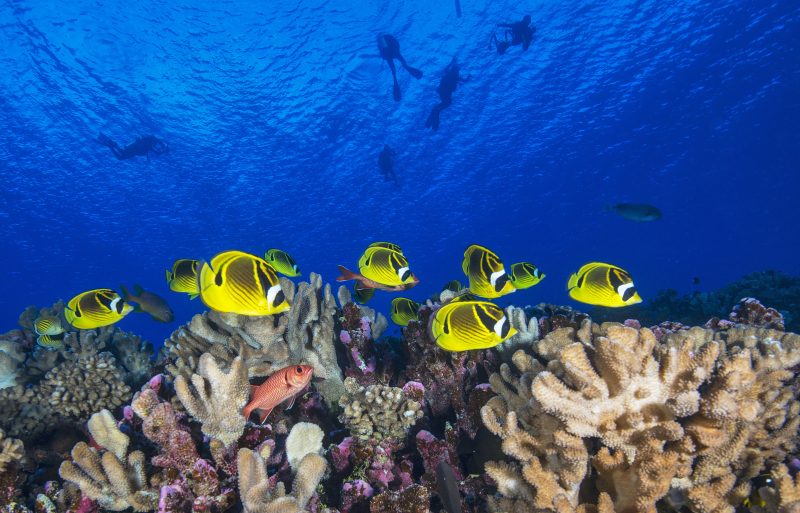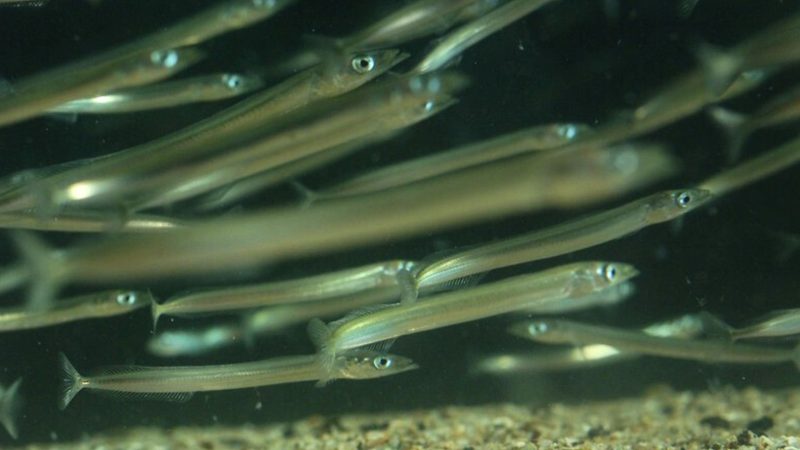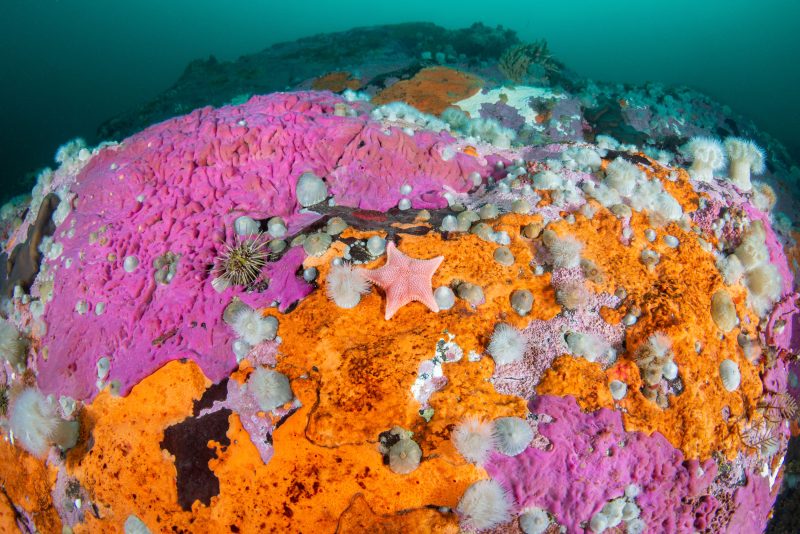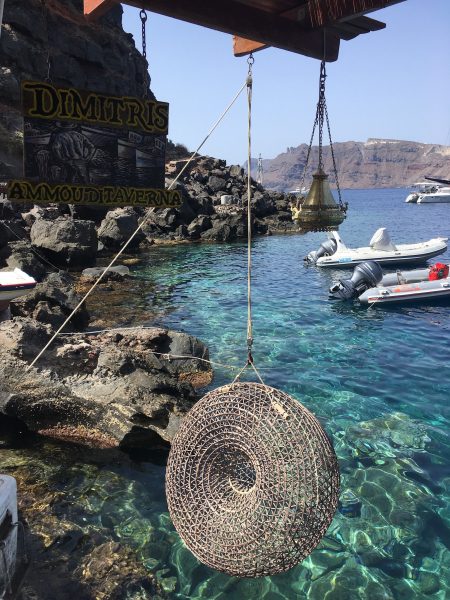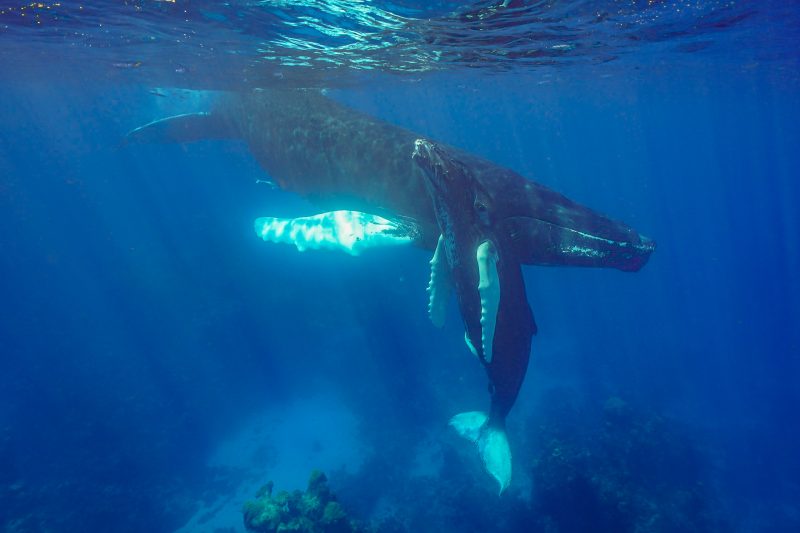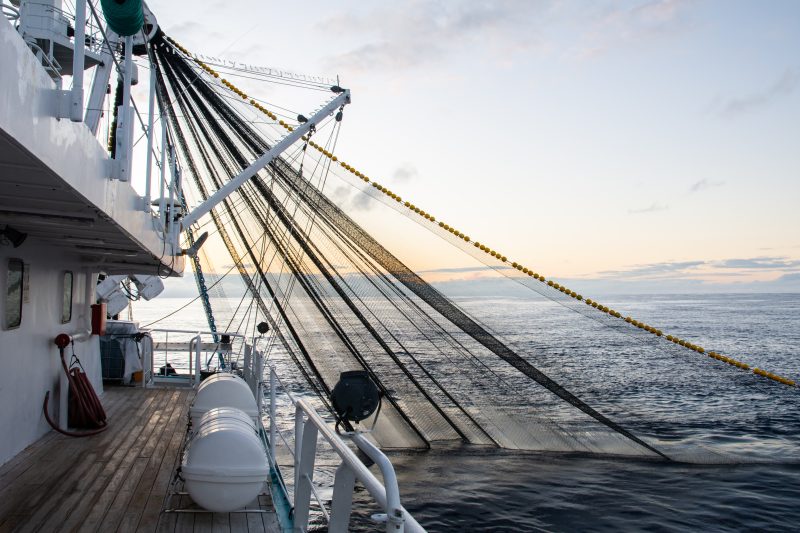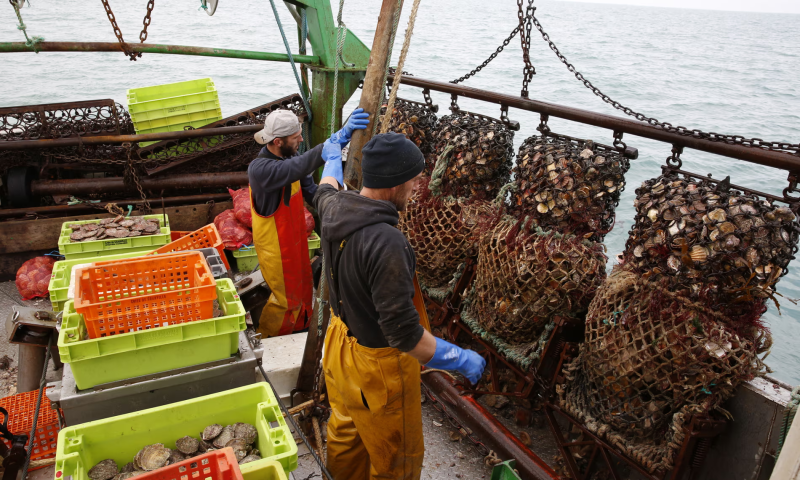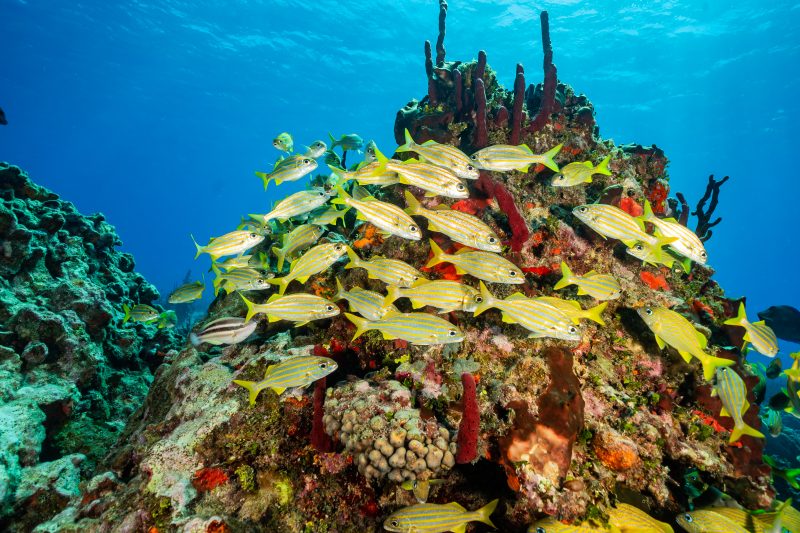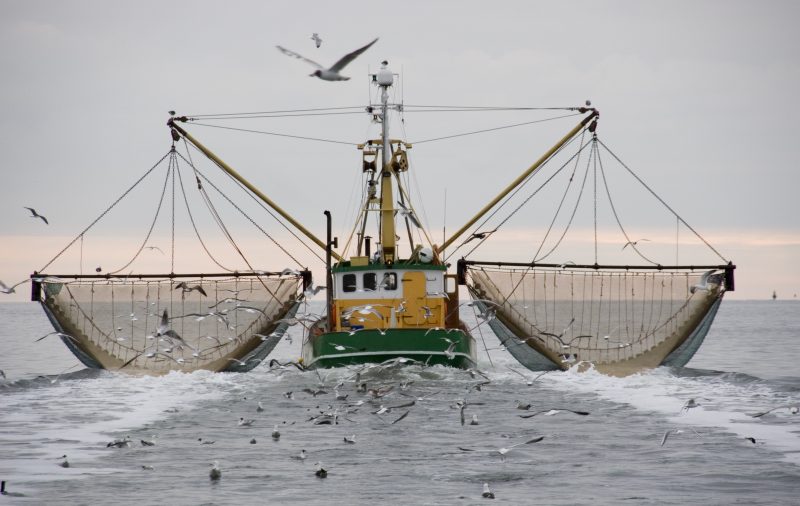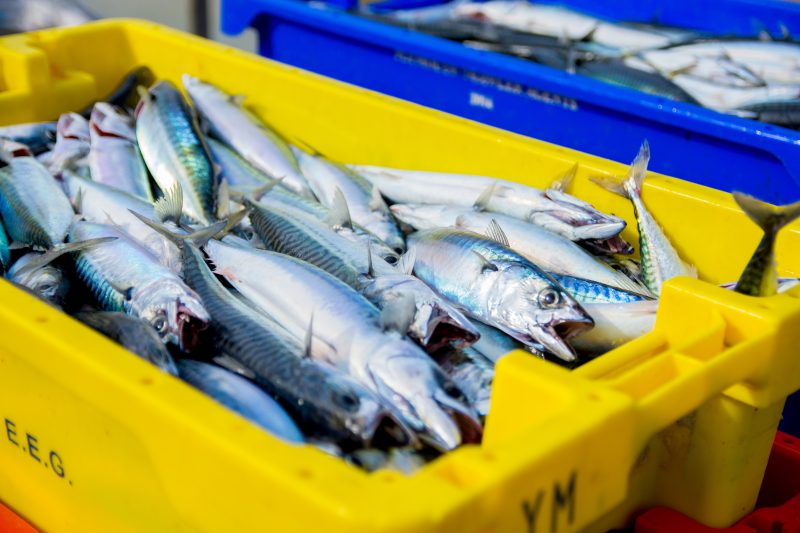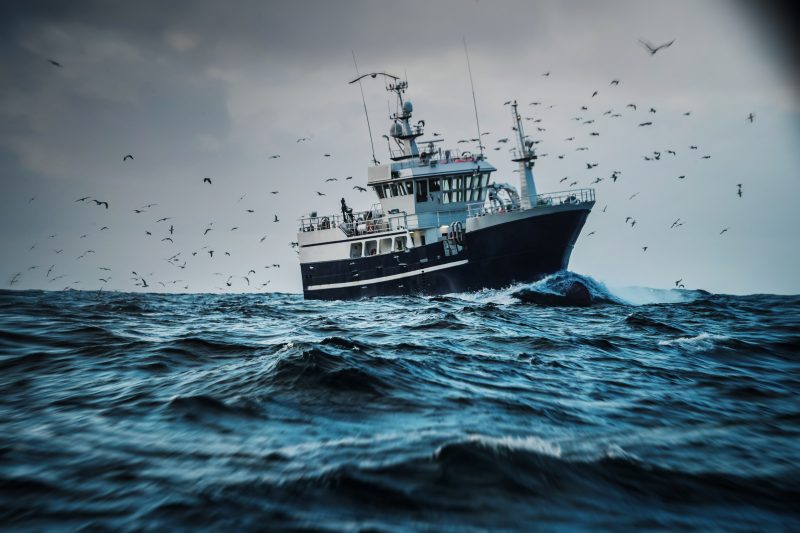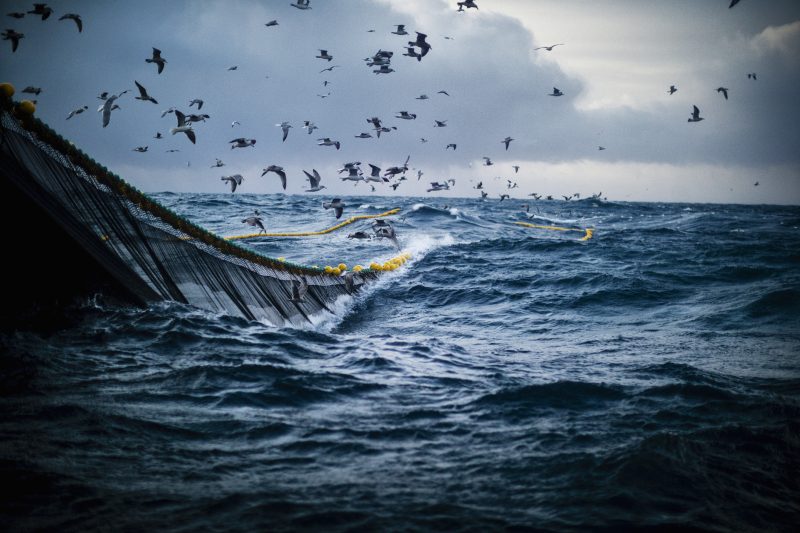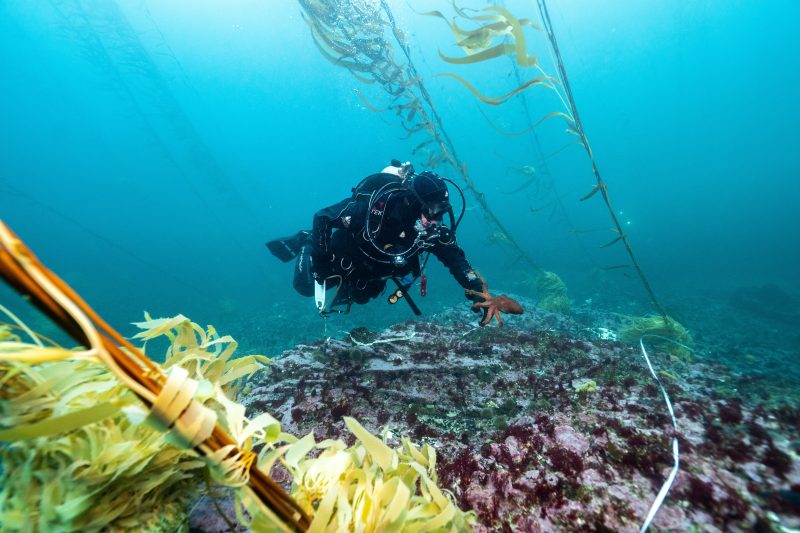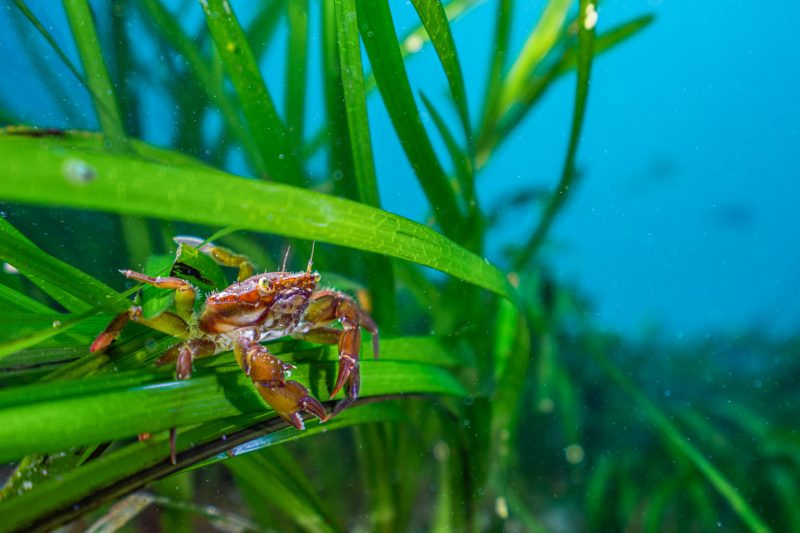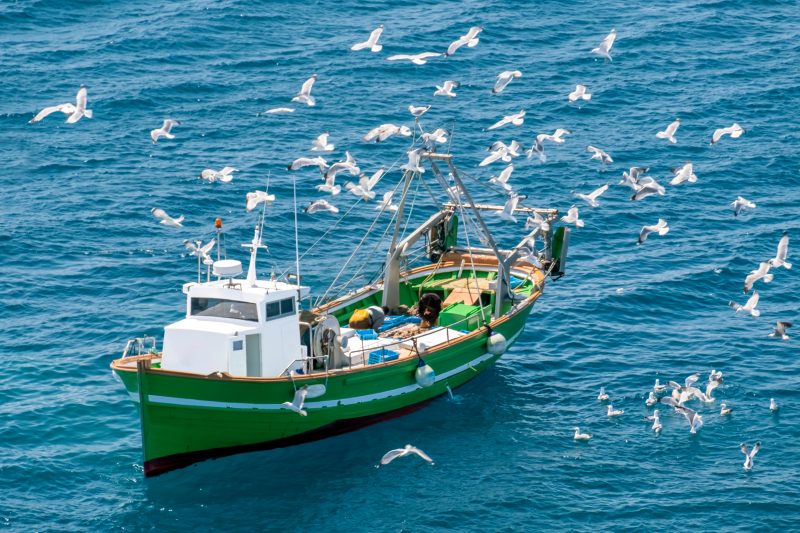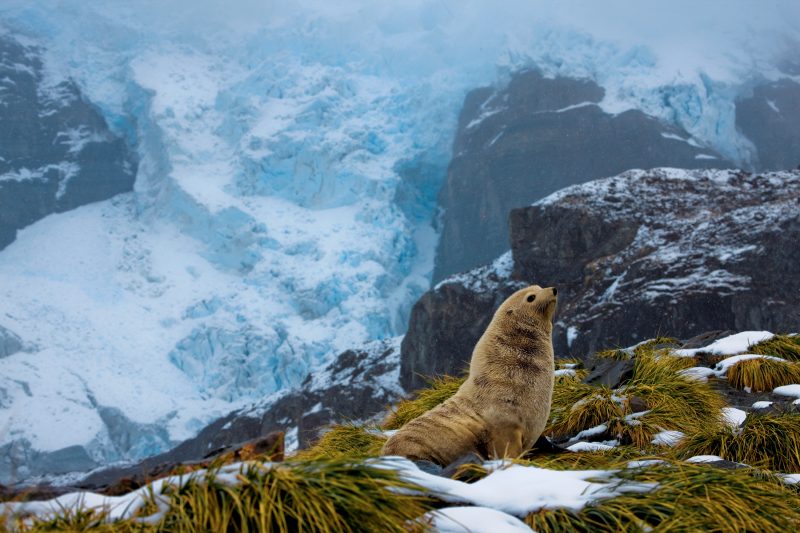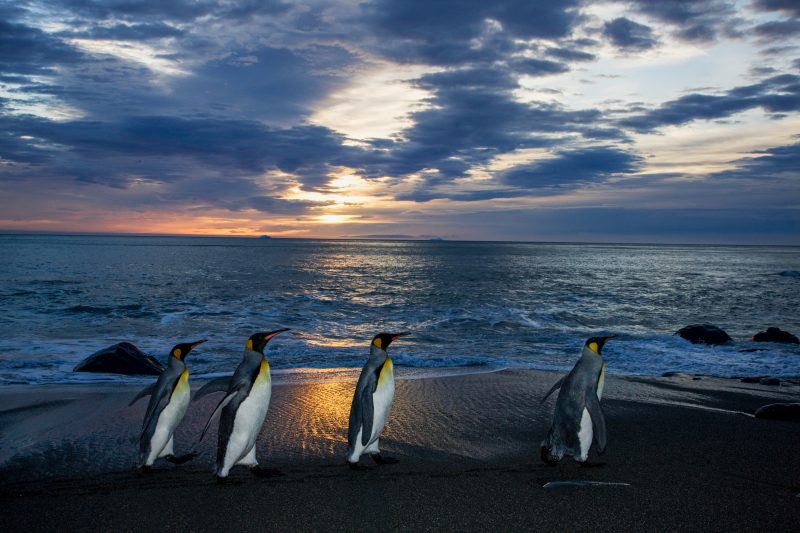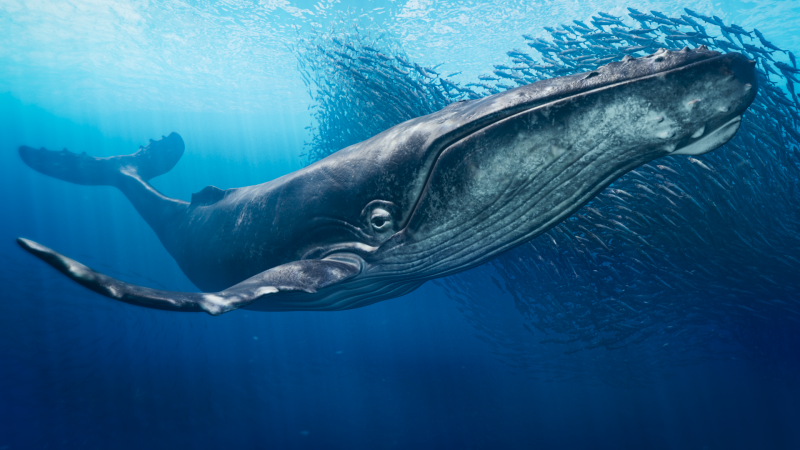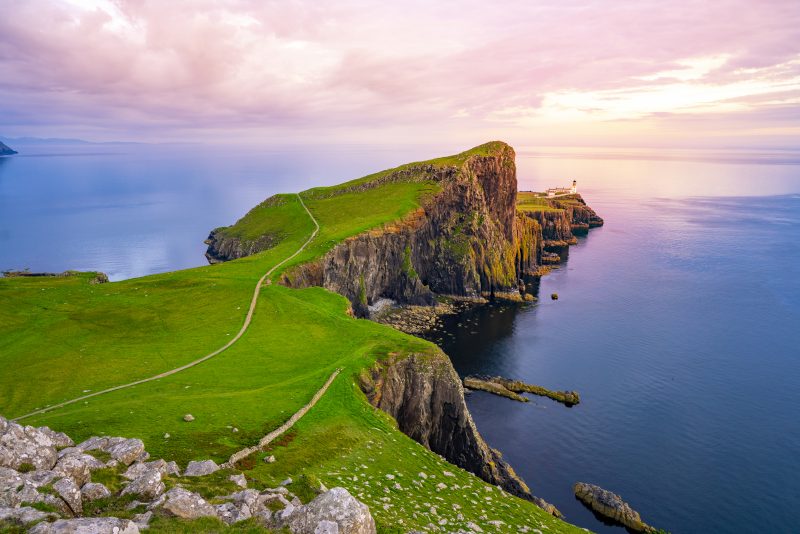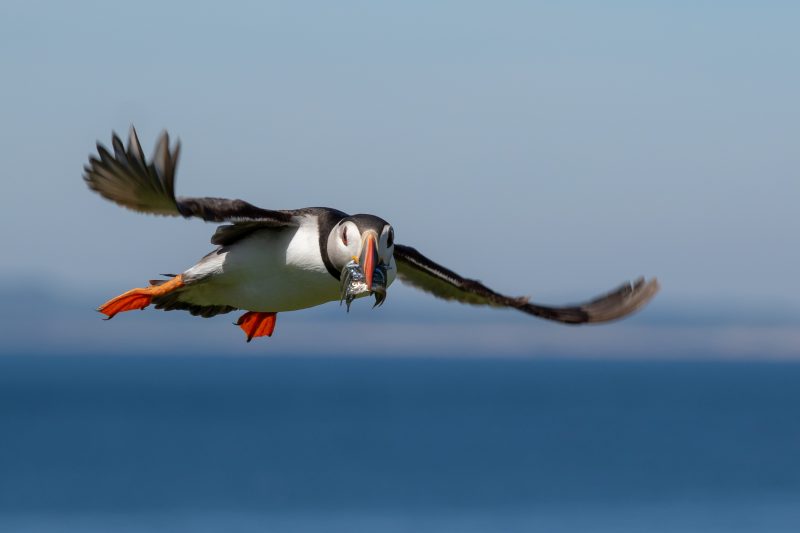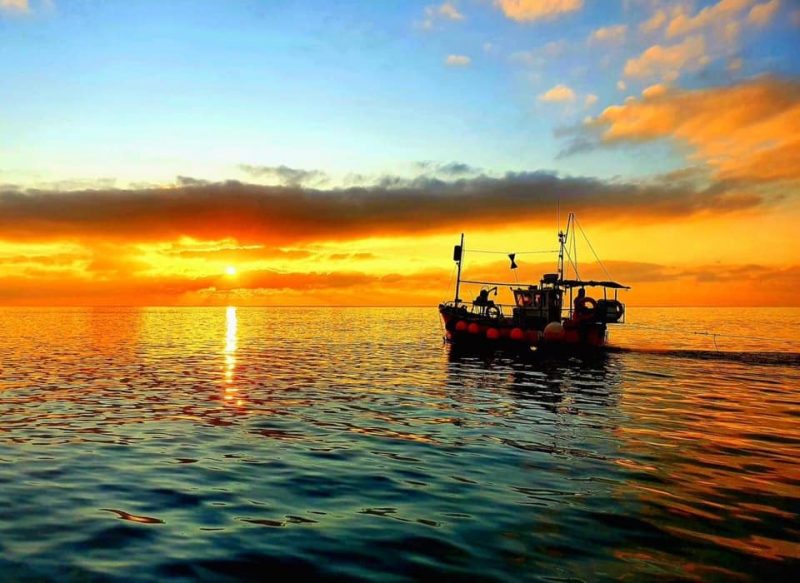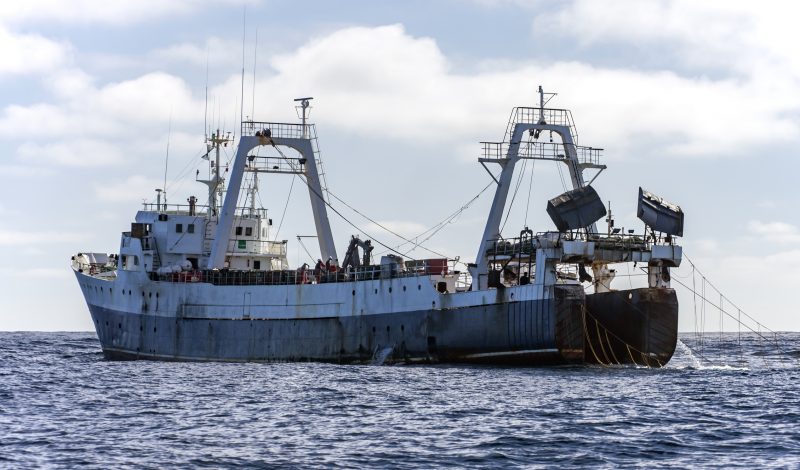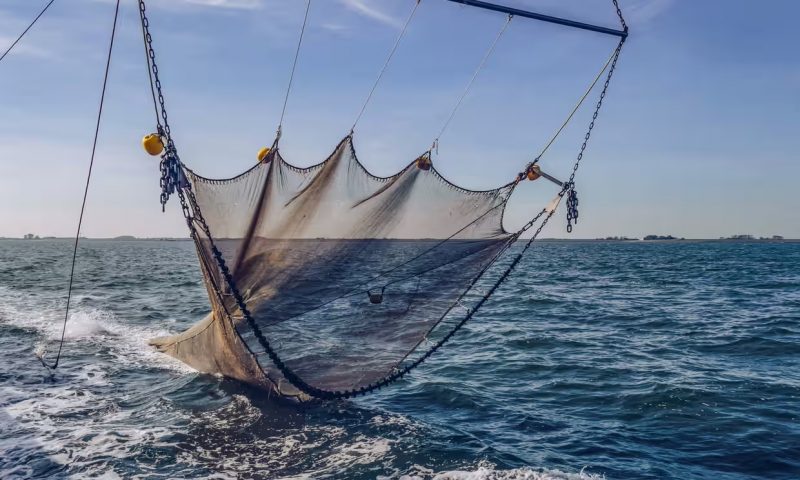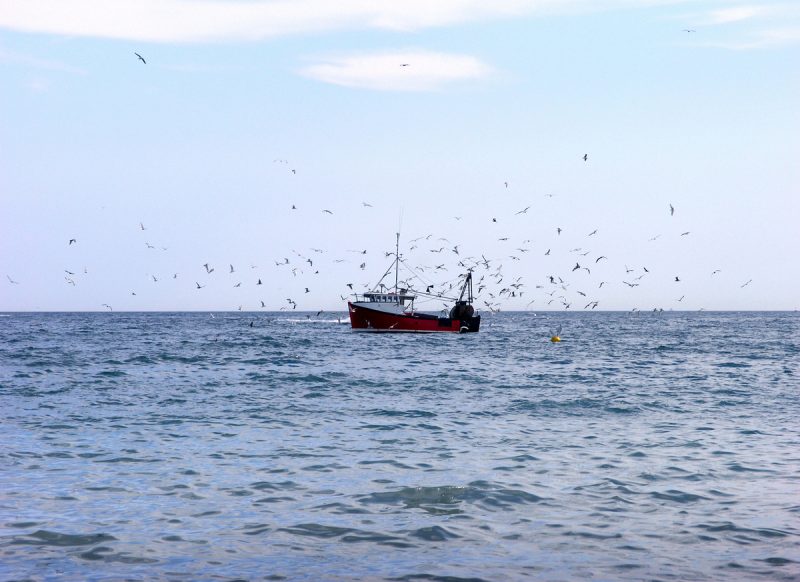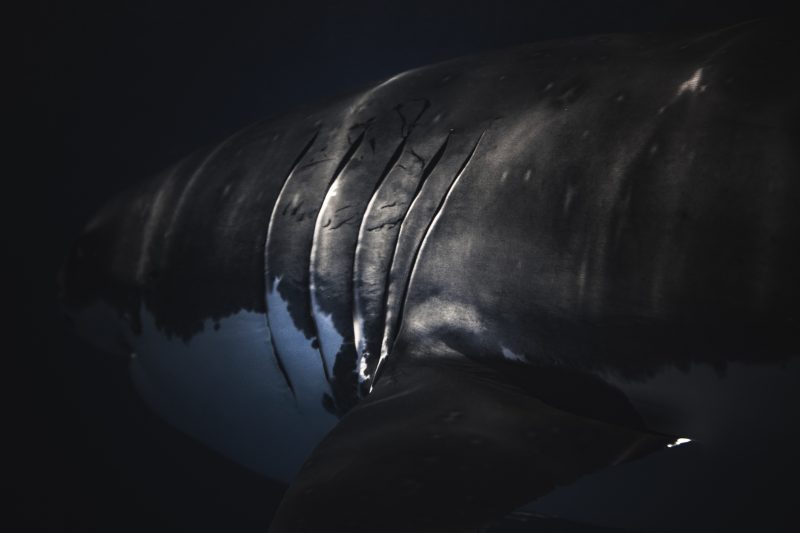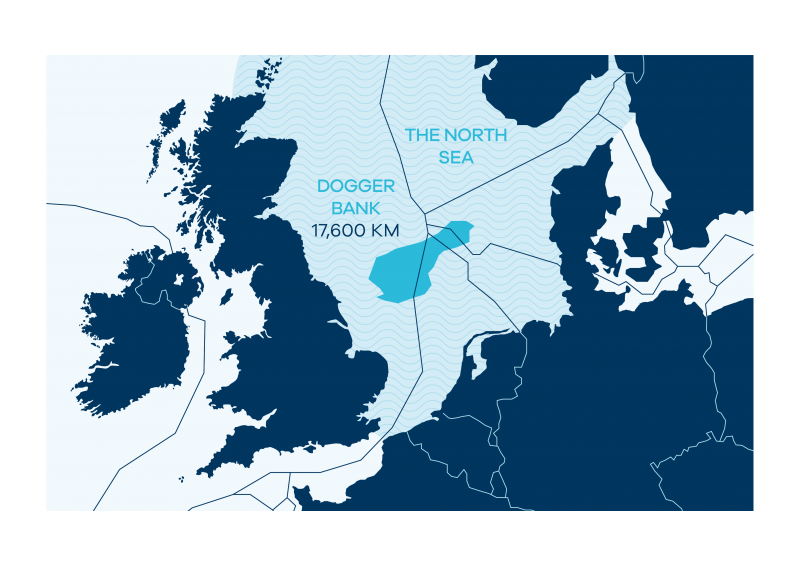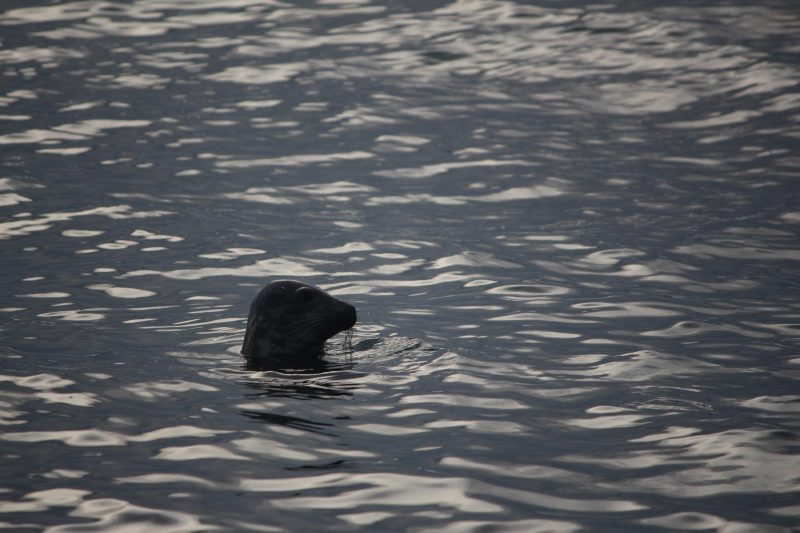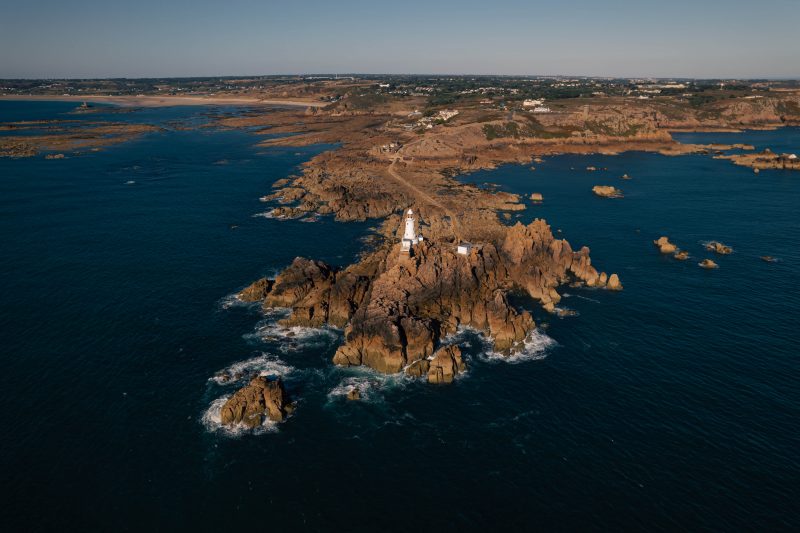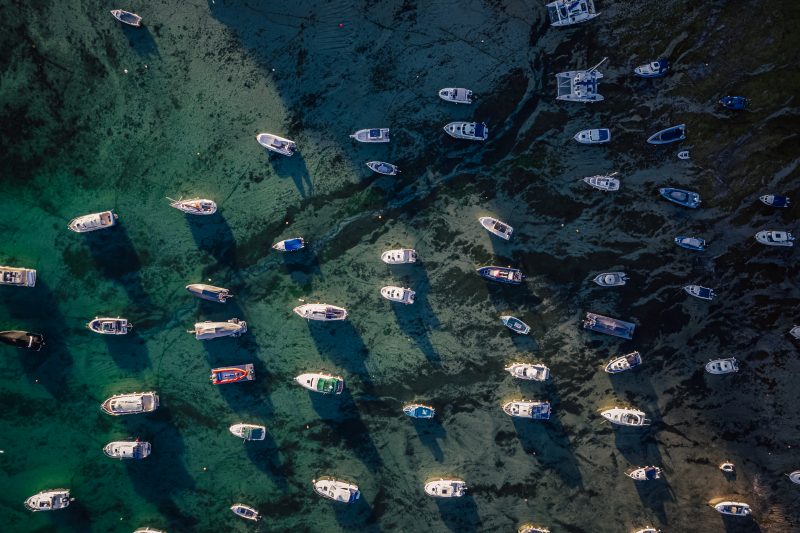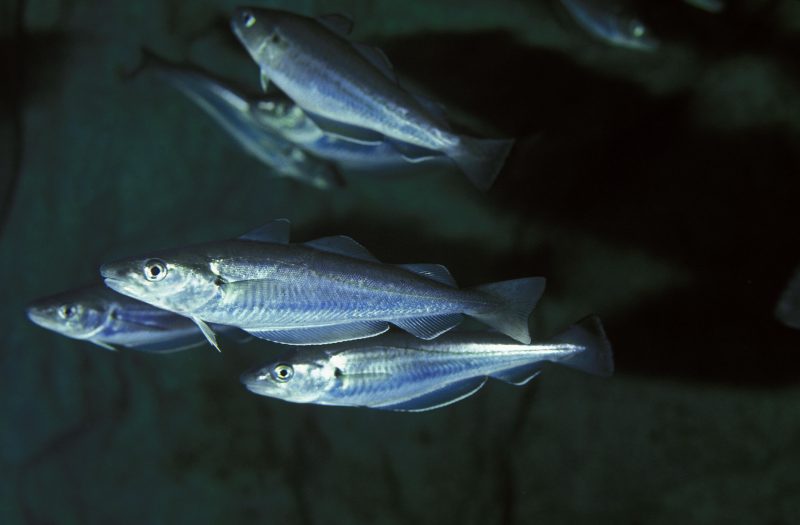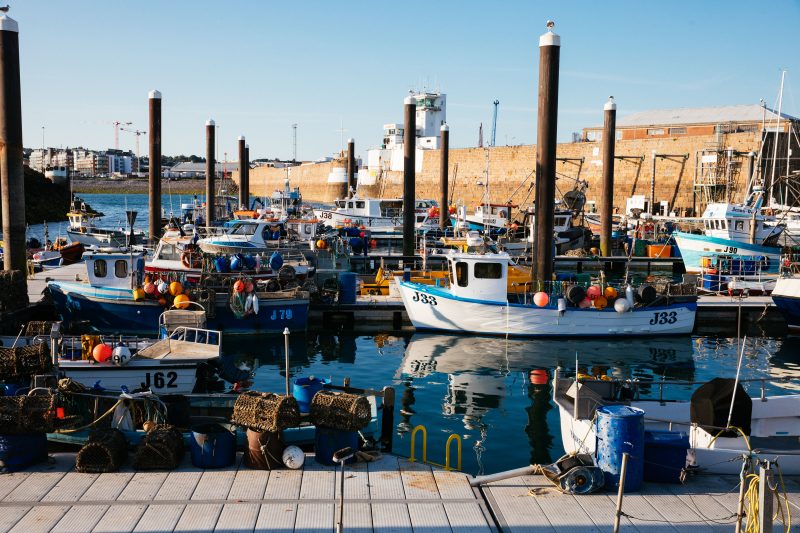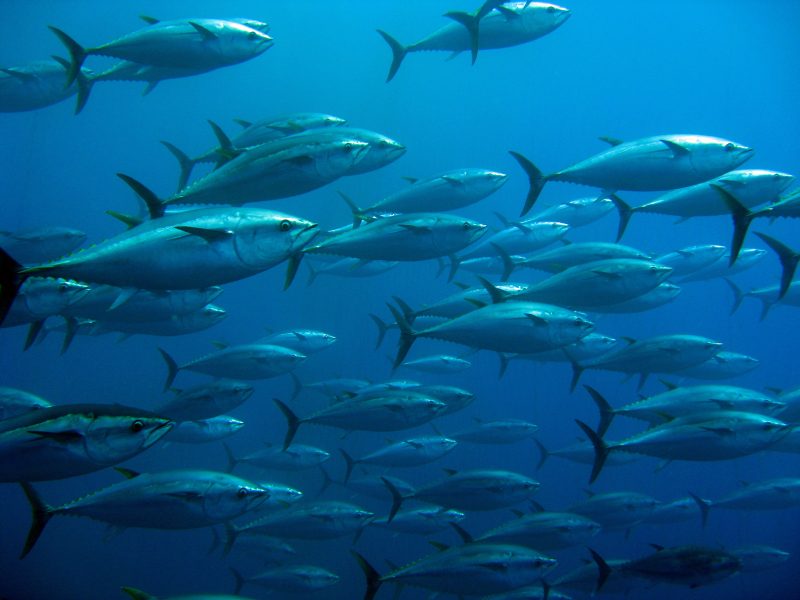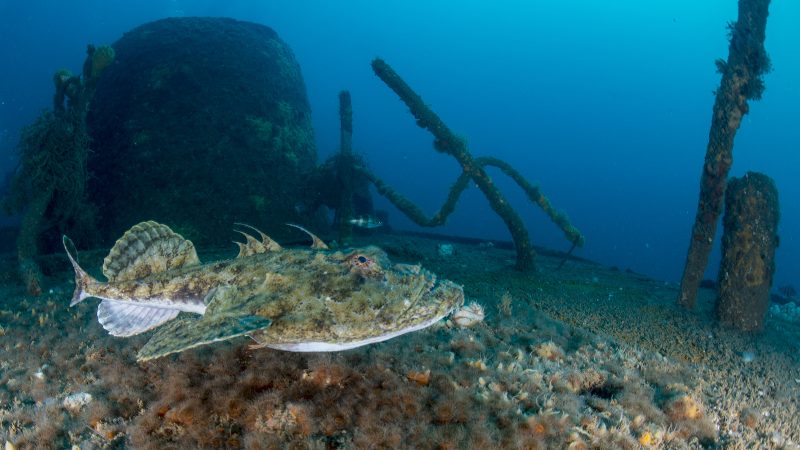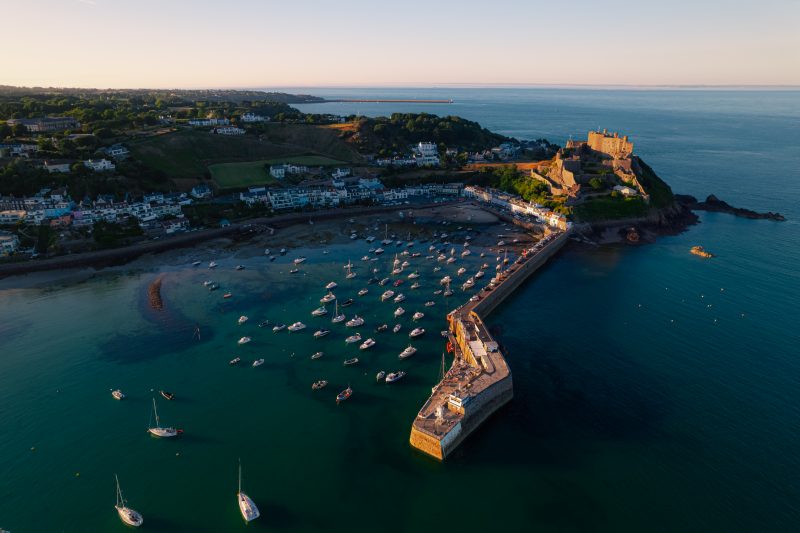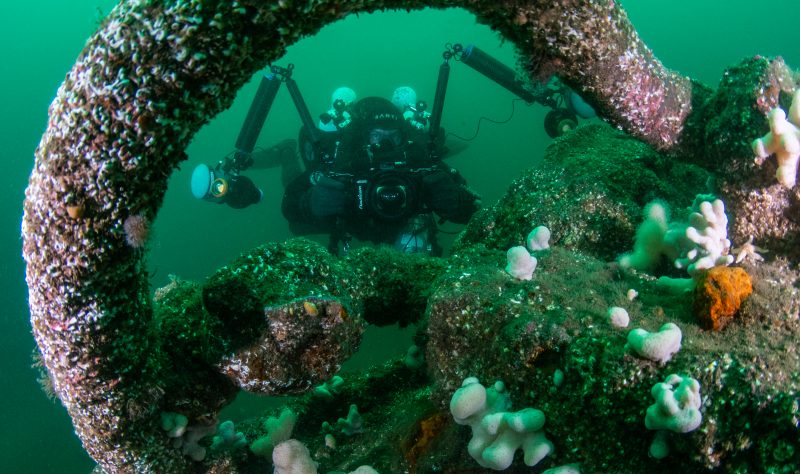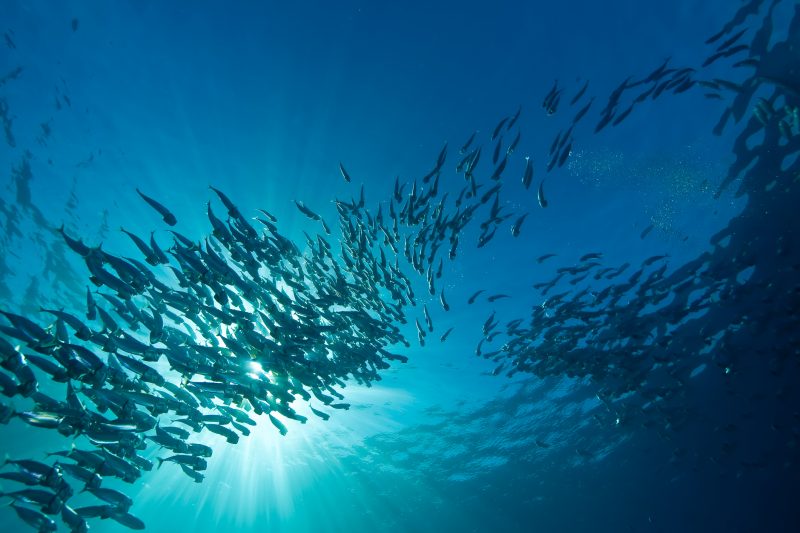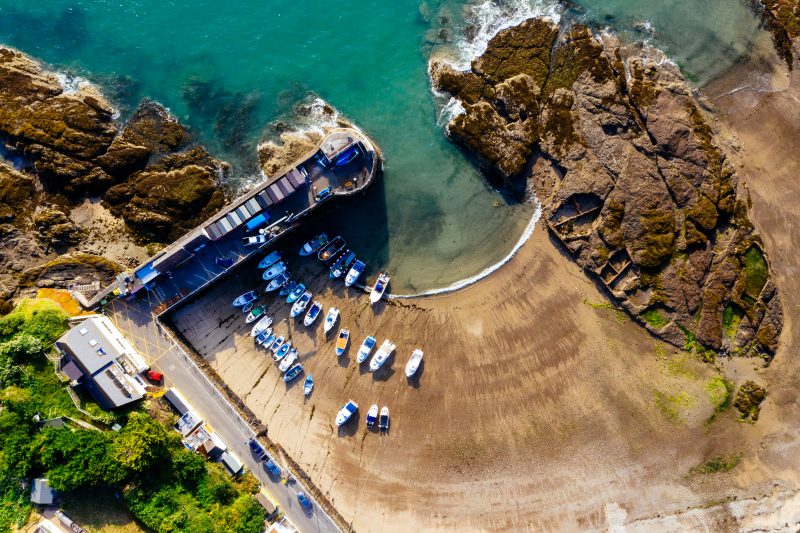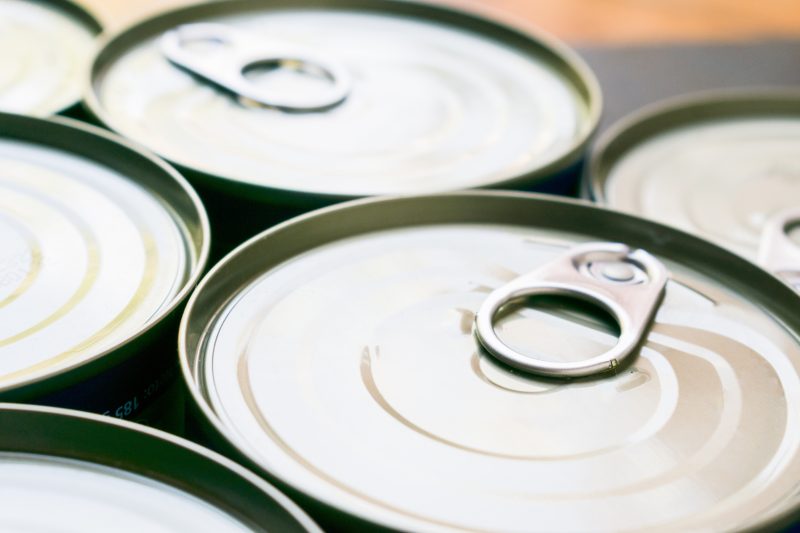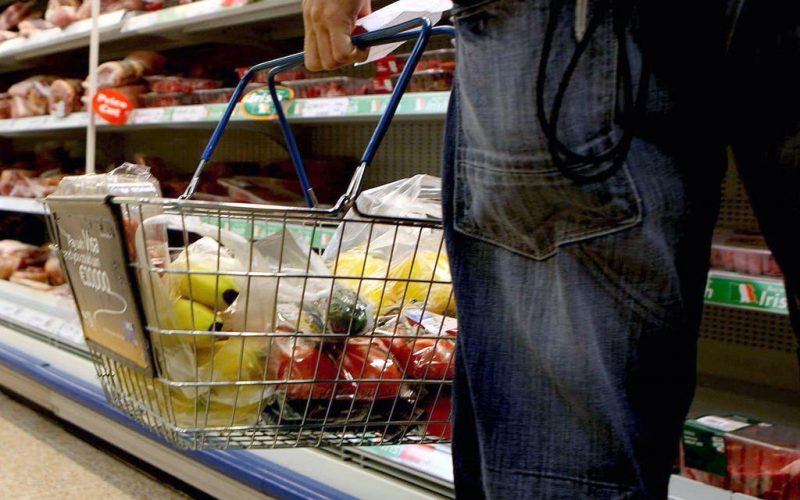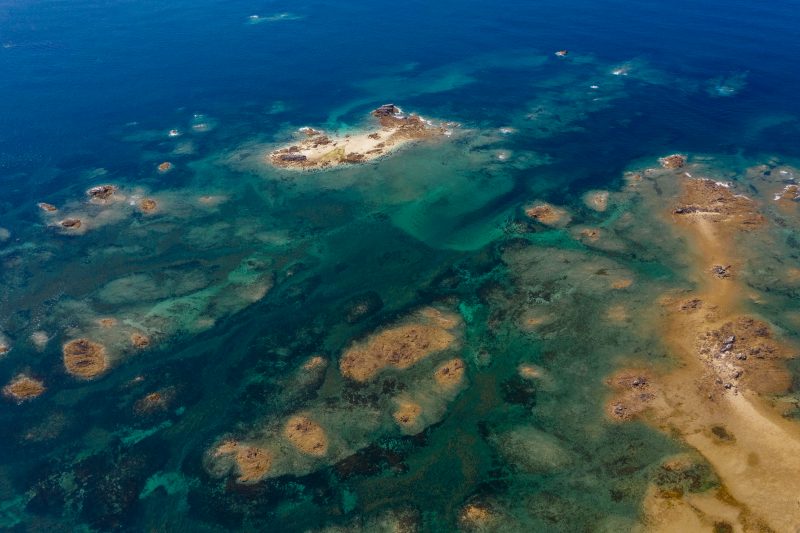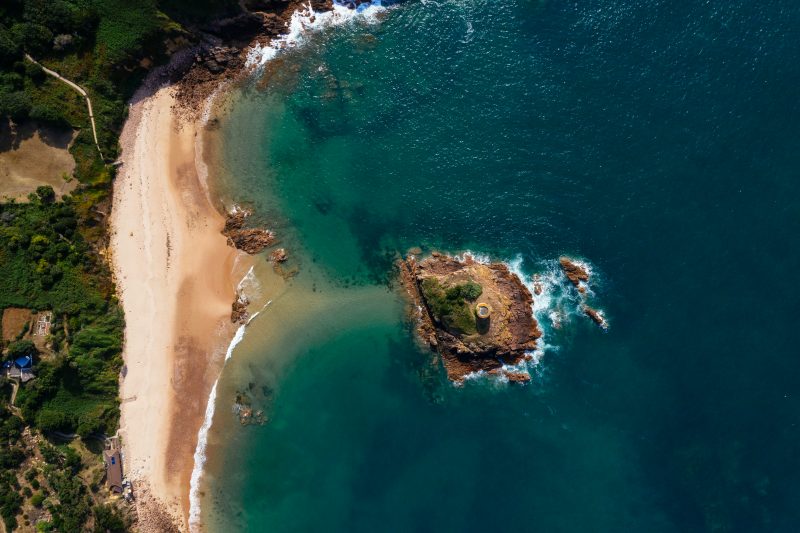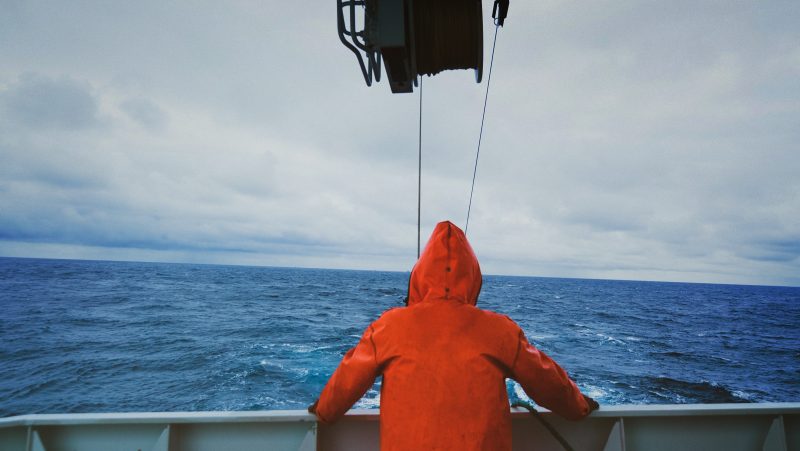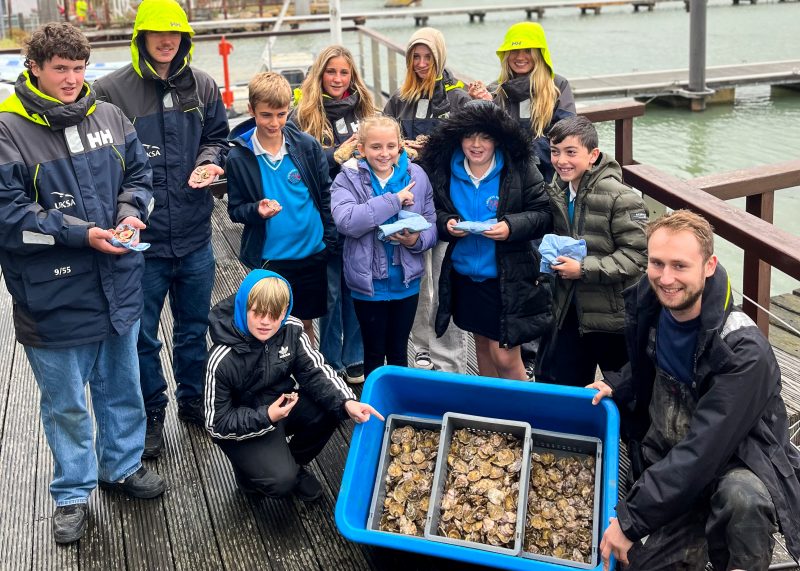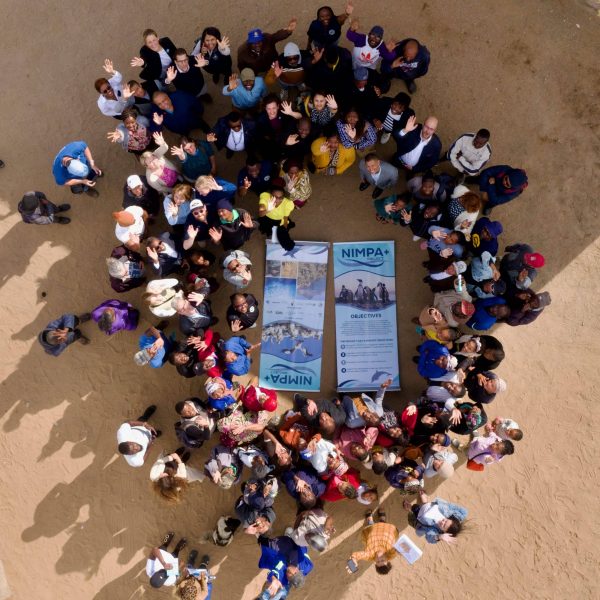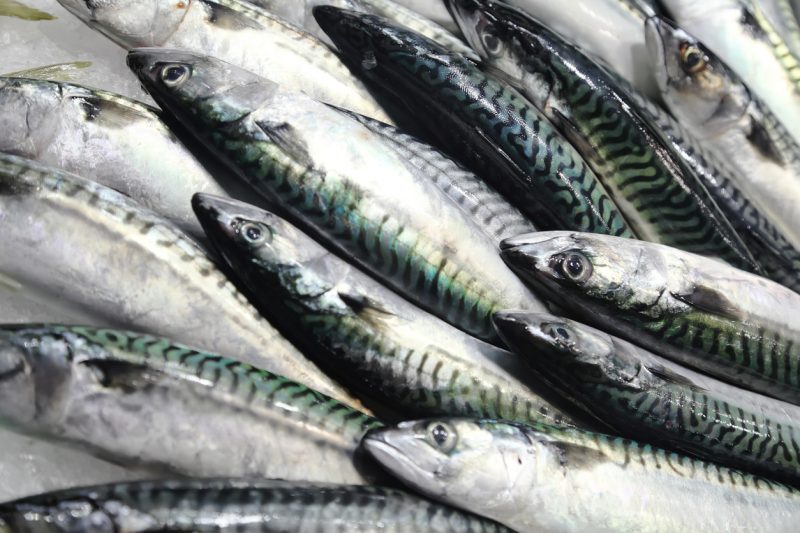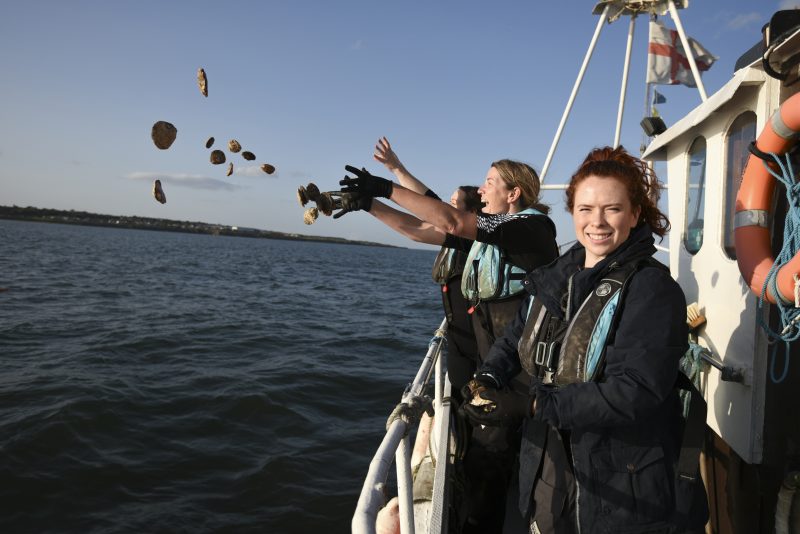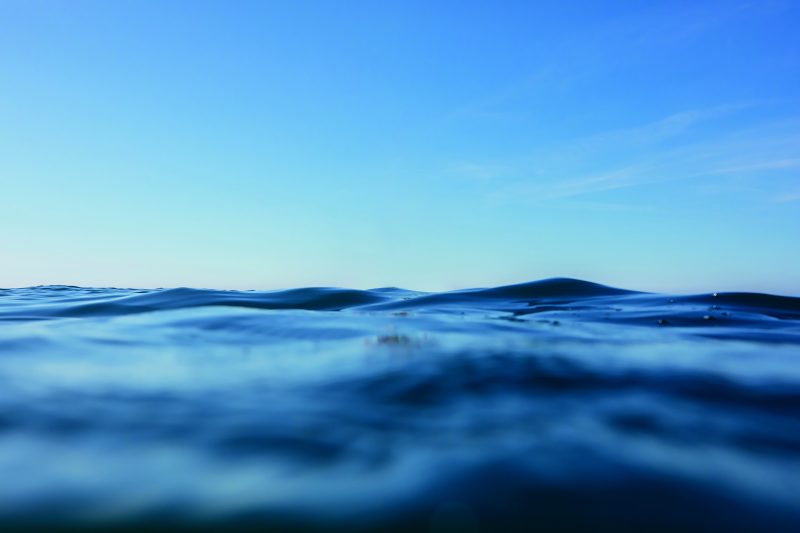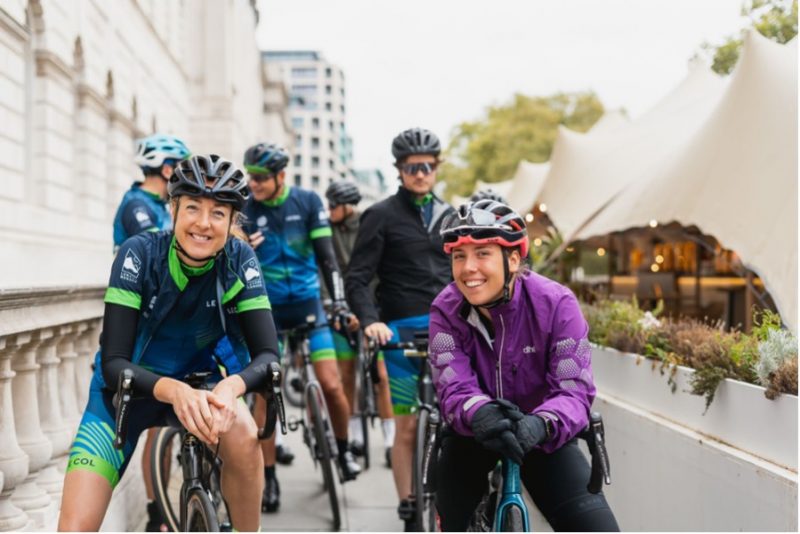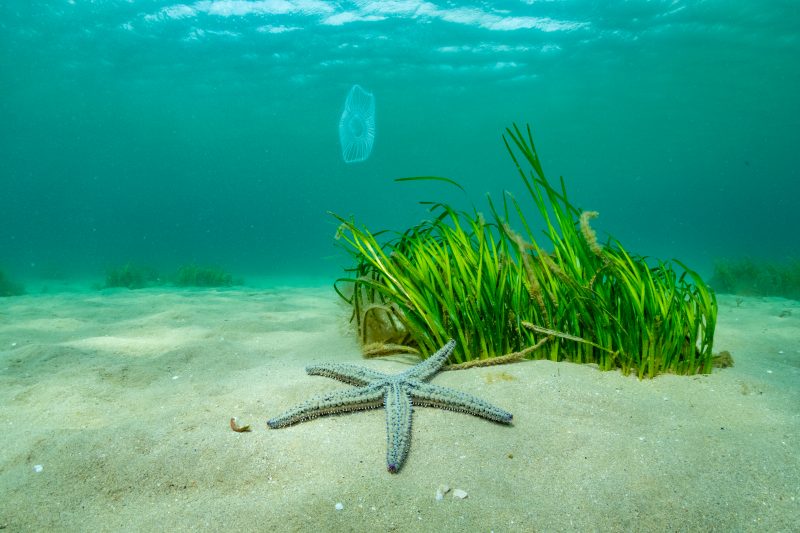The world is getting “closer and closer” to achieving the United Nations target of protecting 10 per cent of the ocean, US Secretary of State John Kerry said following the announcement of two huge marine reserves.
More than 340,000 square miles of marine reserves have been announced within a fortnight, and follow the promise made earlier this year by the UK, after a campaign by BLUE and other conservationists, to create a vast 320,000 square mile protected area around the Pitcairn Islands in the Pacific.
One of the new reserves, the Kermadec Ocean Sanctuary, is a 239,000 square mile area in the South Pacific that is almost as big as France.
It was announced by New Zealand at the end of September and will cover 15 per cent of the nation’s exclusive economic zone.
The second, the 114,872 square mile Nazca-Desventuradas Marine Park around Easter Island off Chile, is bigger than Italy and was announced shortly before Mr Kerry spoke at the 2015 Our Ocean conference.
The US Secretary of State said as he addressed the conference hosted by Chile: “We’re closer and closer to our global goal of protecting 10 percent of the ocean.”
He is also in discussions with Cuban officials with the intention of creating a joint marine reserve in the Caribbean, and the US has just unveiled two small protected areas in Lake Michigan and off Maryland.
A year ago President Barrack Obama announced a 400,000 square mile extension to a reserve around a series of Pacific islands, making it the world’s biggest.
Mr Kerry told the Our Ocean that “it is absolutely critical that we create momentum” in protecting the ocean from the threat posed by problems including illegal fishing, climate change and ocean acidification.
“The connection we have to the ocean is much more than just emotional – it’s physical,” he said. “The ocean is responsible for recycling water, recycling carbon for the nutrients throughout our planet so that we have air to breathe and water to drink. And it’s a major contributor to global food security given that 3 billion people rely on ocean product as the principal source of their protein.
“Things are happening that are literally out of control. Because of illegal, unreported, and unregulated fishing, one third of the world’s fish stocks are overexploited. There’s literally too much money chasing too few fish, and we all know what happens in that economic equation.
“So the question isn’t whether the ocean matters, and it isn’t whether the ocean is at risk. The real question is whether we, all of us on this planet, are going to adjust our ways in order to protect the ocean for generations to come.”
Chile’s announcement of the creation of the marine reserve around Easter Island was widely welcomed by conservationists, including the campaign organisation Oceana.
Alex Muñoz, vice president for Oceana in Chile, said: “Chile is one of the world’s primary fishing countries. With the creation of this large marine park, Chile also becomes a world leader in marine conservation.”
Among the wildlife and habitats protected by the receiver are giant lobsters, underwater mountains, and the Juan Fernández fur seal which had been feared extinct until its rediscovery in 1965.
New Zealand was also praised for creating the Kermadec sanctuary which will help protect more than 150 species of fish, 35 species of whale and dolphin, and up to six million seabirds.
In March the UK government announced, in the run-up to the May General Election, that it will create the world’s largest continuous marine reserve when it establishes a Marine Protected Area around the Pitcairn Islands, a UK Overseas Territory. During the election campaign it pledged to create a “Blue Belt” around all 14 UK Overseas Territories.
BLUE has, as a member of the Great British Oceans Coalition, been campaigning for the waters around Ascension Island and South Georgia in the Atlantic to be protected after Pitcairn.
UK Overseas Territories are home to 94 per cent of the UK’s unique biodiversity and support a host of wildlife, including tuna, marlin, sharks, toothfish and turtles.
BLUE’s campaign, as a member of the Great British Oceans Coalition, for the protection of waters around the Overseas Territories was recognised with four top trophies at the International PEA awards.

